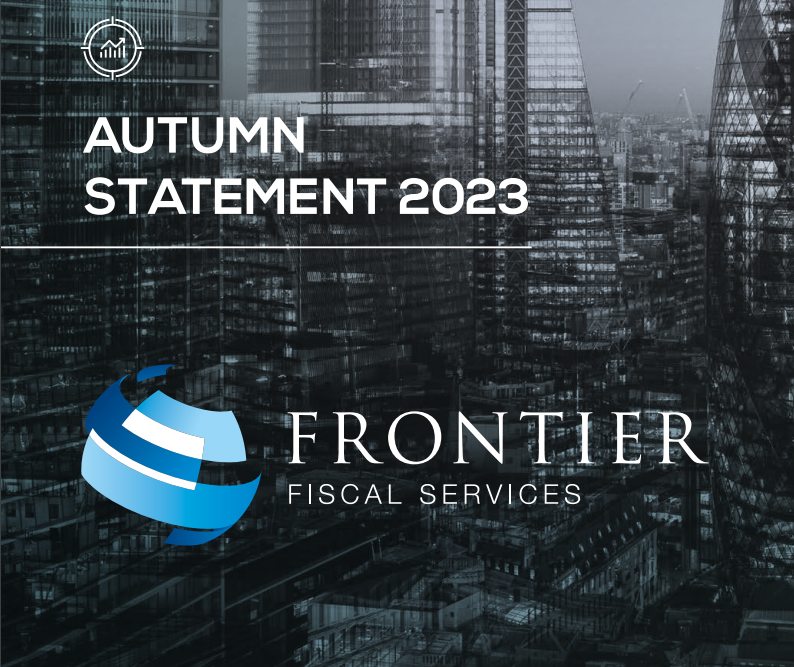On November 15, 2023, the U.S. Tax Court held in YA Global Investments v. Commissioner that a non-U.S. private equity fund (YA Global) with a U.S. asset manager that bought equity and convertible debt of U.S. portfolio companies was engaged in the conduct of a trade or business within the United States for U.S. federal income tax purposes, all of its income was “effectively connected” to that trade or business, and the fund (which was treated as a partnership for U.S. federal income tax purposes) was liable for penalties and interest for failing to withhold with respect to its non-U.S. corporate feeder fund partner.
Background
YA Global was a Cayman Islands partnership. Yorkville Advisors (“Yorkville” or the “manager”) was YA Global’s sole general partner and investment manager. Yorkville’s employees worked from within the United States. Yorkville received a 2% management fee and a 20% incentive fee based on YA Global’s profits. However, Yorkville was also entitled to retain any fees it received directly from the portfolio companies to the extent of its overhead. Any excess fees received by Yorkville were offset against management fees owed to Yorkville, or paid to YA Global.
The Tax Court’s Opinion
YA Global’s U.S. Trade or Business
Having concluded that YA Global received fees for the provision of financial services, the court summarily held that YA Global was not a mere investor and did not qualify for the “stock and securities” trading safe harbor of section 864(b)(2). Therefore, it held that YA Global was engaged in a trade or business in the United States.
Section 475 (Mark-to-Market)
The Tax Court next held that YA Global was a dealer in securities. A dealer in securities under section 475 is required to mark-to-market its securities and treat the gain or loss as ordinary income or loss.
Effectively Connected Income
The court next held that all of YA Global’s income allocable to non-U.S. partners during the tax years at issue was effectively connected with the conduct of its U.S. trade or business and, therefore, subject to withholding.







